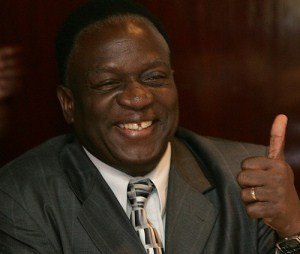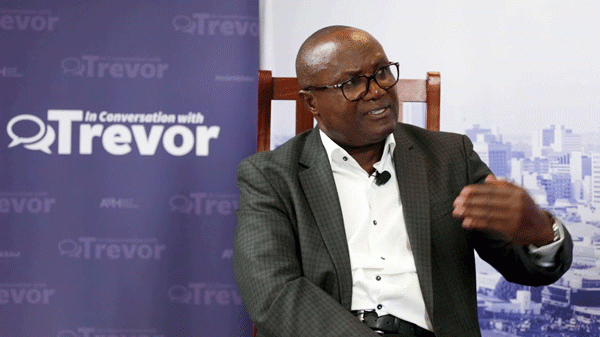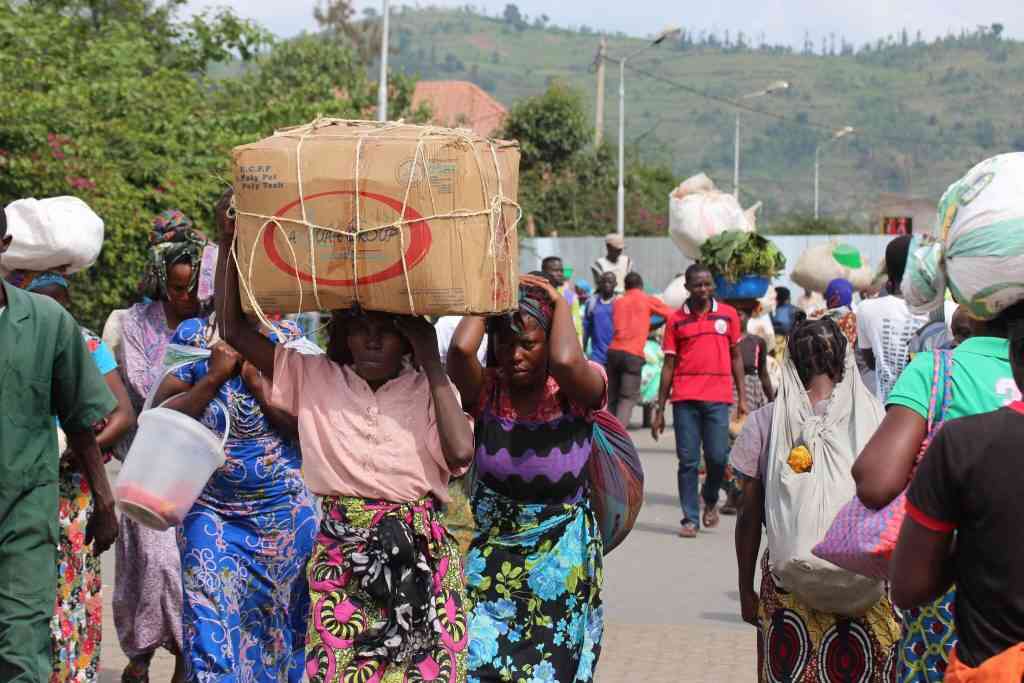
THE BULAWAYO business community has urged the new government led by Emmerson Mnangagwa to come up with deliberate policies that will ensure that the city returns to its former industrial hub status.
BY MTHANDAZO NYONI
In separate interviews with Standardbusiness last week, Bulawayo business community said the new government should craft policies to resuscitate industries in Bulawayo.
“[Government should create]policies that will ensure Bulawayo industries are resuscitated.
“Bulawayo is strategically positioned for our manufacturing sector output distribution across the Sadc region and the world at large,” said Association for Business in Zimbabwe (Abuz) CEO Victor Nyoni.
“The new government must, therefore, come up with deliberate policies that will ensure that Bulawayo returns to its former industrial hub status.
“There is need for policy consistence, need to deal with illiquidity, need to deal with corruption without fear or favour, multi-currency regime, fix National Railways of Zimbabwe to bring down transport costs.”
Once the country’s industrial hub, Bulawayo has suffered chronic de-industrialisation effects over the past two decades with over 100 firms — mostly in the manufacturing, textile and clothing sectors — closing down and leaving thousands of workers jobless.
- Chamisa under fire over US$120K donation
- Mavhunga puts DeMbare into Chibuku quarterfinals
- Pension funds bet on Cabora Bassa oilfields
- Councils defy govt fire tender directive
Keep Reading
But the tables have begun to turn and signs of recovery have been noted in some of the industries.
Nyoni said the new government has to immediately deal with illiquidity as companies in the city were struggling to make payments to foreign suppliers due to foreign currency shortages threatening the firms’ going concern status.
He said the new government must have a relook into the current multi-currency usage policy and develop a better working currency regime in the country.
“The outcomes of the multi-currency regime are not particularly favourable to our businesses,” he said.
“Our members feel that a better working policy can be enacted. We, therefore, expect the new government to deal with this matter urgently.”
Zimbabwe National Chamber of Commerce Matabeleland Chapter president, Ozias Marange said Bulawayo needed long term commitments that restore its greatness as the industrial centre of Zimbabwe, hence creating employment.
He said fuel taxes should be reviewed as this has made fuel in the country very expensive as a result seeing the emergence of black-market fuel from neighbouring countries.
“This aspect put formal businesses that are tax compliant into serious un-competitiveness with the informal sector. Another challenge is that prices of goods on the market continuously increase due to expensive fuel,” he said.
Captains of industry said the new government should weed out corruption in both the public and private sectors.
They said Zimbabwe should be open for business for all nationals, urging the government to remove obstacles such as the Indigenisation and Economic Empowerment Act.
Nyoni said government should prioritise consultation when formulating policies and economic policies should reflect the aspirations of all economic actors in the country.
Captains of industry also called the new government to ensure that parastatals were run efficiently and effectively for the good of the economy.
They said the work done by parastatals such as National Railways of Zimbabwe, Zesa Holdings and the National Oil Company of Zimbabwe, directly feeds into the operations of the manufacturing industries.
“The new government must ensure the country quickly returns to the culture of hard working. The country’s work culture is slowly dying possibly due to lack of commensurate reward for hard work,” Nyoni said.
“It is Abuz’s expectation that the new government must ensure that our economy begins to reward hard workers commensurately.” Marange urged the government to reduce the number of police officers on the roads, saying it sends the wrong message to tourists and the international community.
He also said export, import, indigenisation policies and general taxation system across sectors require government’s attention.
Former Confederation of Zimbabwe Industries president Busisa Moyo urged the new government to embark on a national branding exercise to develop a new narrative for the country.
He said Mnangagwa’s government should also rein in on loss-making parastatals.
“Wean, privatise and or wind down parastatals draining the fiscus (and) revert to 8-12 parastatals (we had) in 1980 from the current 103. Only profitable or net surplus parastatals should be retained,” Moyo added.










